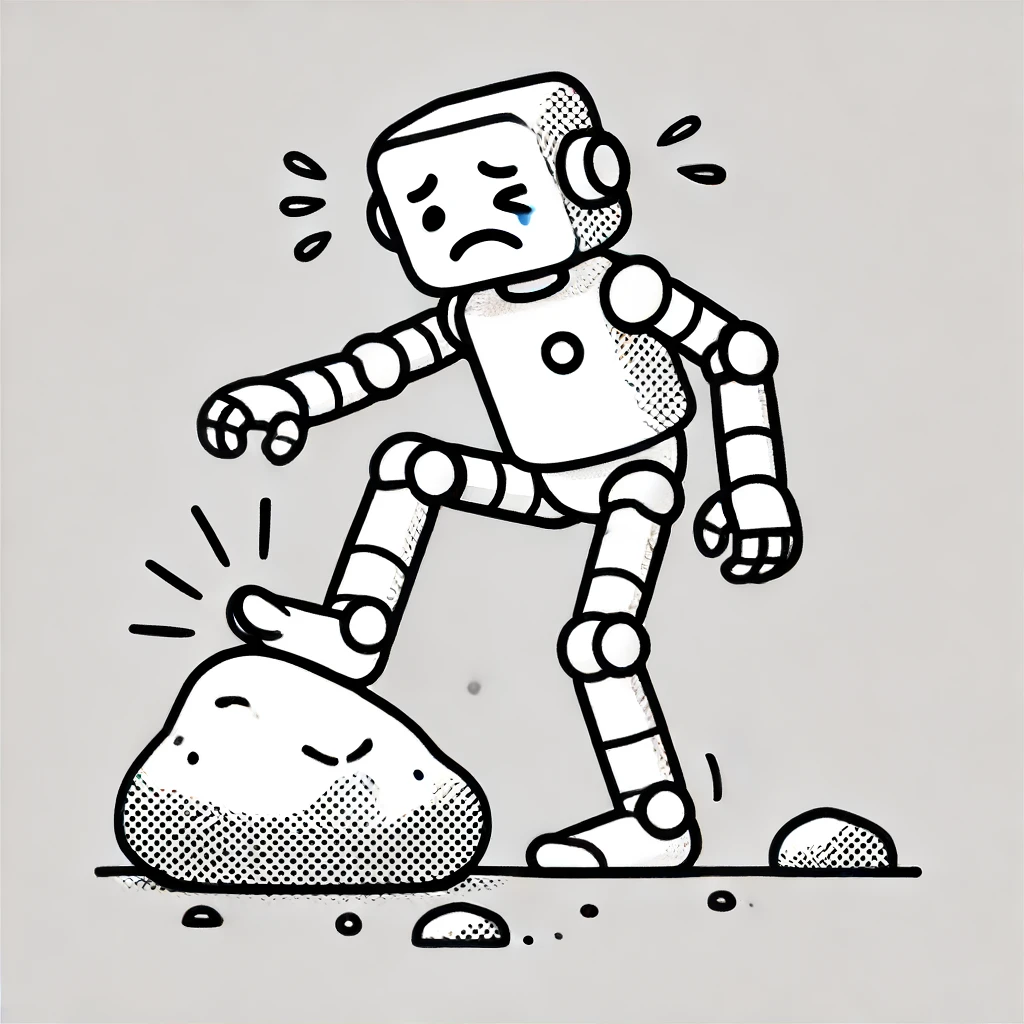As I wrote in an earlier post, I put my vote on the hypothesis that subjective experiences arise from information processing in the brain – perhaps supported by the body’s total nervous system. Since we can interpret everything that happens in the known universe as an implementation of information processing, it seems like a reasonable bet. Also, both the input from the senses and the output of motor action are clearly in the domain of information processing (and biology, which is also information processing), so it seems likely that also what’s between the input and the output is information processing.
In the earlier post I rather sloppily suggested a mapping between mental states and “neural firing patterns”. I’ll try to elaborate that a little in this post.
It seems unlikely that subjective experiences can be represented by a static data structure. If that was the case then there could be a lot of pleasure and pain in all the petabytes of data sitting around in all the databases on the planet and before the era of databases, in the bookshelfs of our libraries. Brain-dead and indeed newly dead people would have subjective experiences. We should not trust our intuitions too much when discussing the boundaries of our knowledge but so far I haven’t observed anything that resembles subjective experiences in the books in the library, however tragic the plot. When the book is read by a human on the other hand, it does comes “alive”, and may evoke subjective experiences in the reader.
A hypothesis that I’d like to investigate is that subjective experiences arise as a consequence of mental state changes, supervening on physical state changes. I provisionally call such state changes information differentials.
This hypothesis gives rise to many new questions:
- Does subjective experience require analog processing where differentials are readily available?
- How is the information differential mapped to subjective experiences?
- Can we induce subjective states in an LLM using a “consciousness-inducing prompt”? Would we thereby create a Bolzmann brain?
- What types of information processing give rise to subjective experiences?
- Does the information processing have to be self-referential?
- Does the information processing have to support recursion?
- Can subjective experiences be kept alive by iteration or repetition?
- Can subjective experiences arise in a closed system or do subjective experiences require sensory input?
Many questions and no answers. It should be fun to delve into this for a while.
